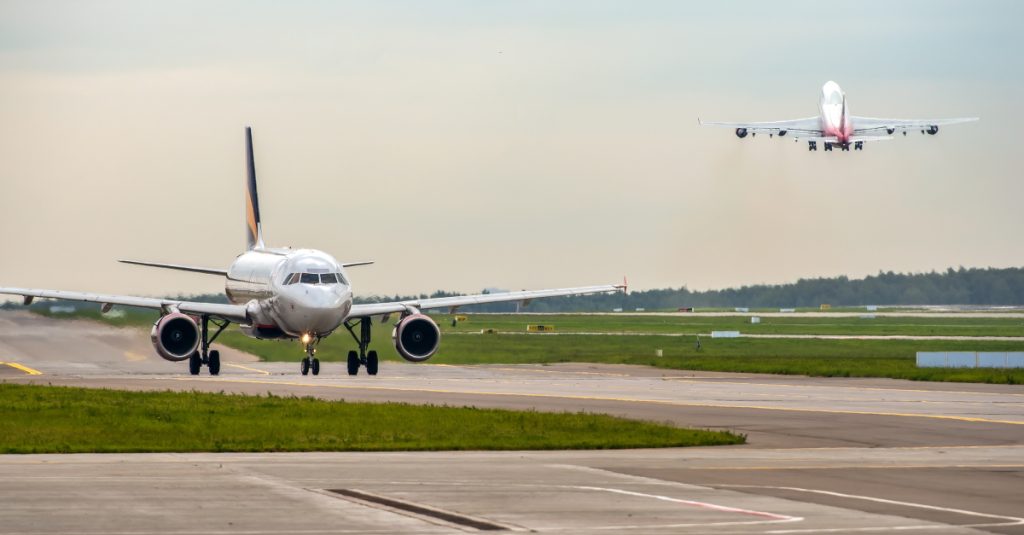The Competition and Markets Authority (CMA) has endorsed significant reforms to the UK airport slot allocation system. These changes aim to increase market efficiency and competitive dynamics within the aviation industry.
By focusing on fairness and transparency, the CMA proposes actions that could unlock new opportunities for airlines, ultimately benefiting consumers and stimulating economic growth.
Current Challenges in Airport Slot Allocation
The UK airport slot allocation system has long been acknowledged as inefficient and prioritising established airlines. The current framework is criticised for supporting historic holders of slots, making it difficult for new entrants to compete. The Competition and Markets Authority (CMA) describes these mechanisms as ‘inherently flawed’. Such entrenchment limits competition and potentially hinders economic growth in the aviation sector.
Proposed Reforms and Their Impacts
The CMA advocates for a shift towards a market-based mechanism to ensure fairness in slot allocation. By introducing competitive dynamics, the reformation aims to enhance operational efficiency and bring direct benefits to consumers and the economy. A key proposal includes redefining the ‘new entrant’ rule to facilitate a more competitive environment.
Additionally, revising the ‘use it or lose it’ rule could free up slots for smaller airlines, easing entry barriers. Another significant reform involves limiting slot leasing, which currently enables large airlines to dominate through secondary trading.
Potential for Auction-Based Slot Allocation
The introduction of auction-based allocation for new slot capacities has been welcomed. This method ensures that airlines pay a price commensurate with the economic value of the slot, likely increasing the perceived value of holding a slot.
Auctioning slots could also decrease the ‘retention premium’ currently seen in the industry, as slots become easier to obtain through market-based methods. The existing pattern of slot holdings, characterised by long-standing entrenchments, may finally reflect more efficient utilisation with this approach.
The CMA highlights that in the absence of increased airport capacity, these reforms are crucial to maintaining competitive balance and improving passenger interest.
Challenges in Implementing Reforms
Despite the clear benefits, implementing such significant changes comes with its own challenges. Stakeholders who benefit from maintaining the status quo are likely to resist these reforms, presenting hurdles in the transition. According to the CMA, substantial changes face opposition when existing interests are well-entrenched.
Recognising these challenges, the CMA expresses commitment to working alongside the government to address them, ensuring that the transition to improved slot allocation is as smooth as possible.
Long-Term Benefits for the Industry and Consumers
The proposed slot reforms promise long-term benefits. Increased competition and efficiency could lead to lower consumer prices and more flight options, thereby enhancing passenger experiences. The reforms aim to unlock capacity at heavily constrained airports, potentially increasing flight availability and improving service offerings.
Such changes are anticipated to support the aviation sector’s growth post-pandemic, offering a pathway to an equitable and dynamic market.
Additionally, with improved transparency and fairness in slot allocation, the UK’s aviation market stands to gain significantly in global competitiveness, making it more attractive to international carriers.
CMA’s Role and Future Outlook
The CMA has underscored its role in advising the government on implementing these proposed changes. By facilitating dialogue among stakeholders, it aims to bridge differences and promote understanding. The CMA remains committed to ensuring that airline competition is preserved and enhanced for the benefit of consumers and the wider economy.
The future outlook of the UK’s airport slot allocation system under proposed reforms appears promising, offering a revitalised framework for competitive air travel.
Conclusion
In summary, the CMA’s backing of airport slot reform signifies an essential step towards reinvigorating the aviation sector. By addressing existing inefficiencies and fostering competition, these changes aim to deliver widespread benefits, enhancing both industry and consumer interests.
The CMA’s support for enhancing airport slot allocation reflects its commitment to advancing sector efficiency. By embracing these changes, the industry can anticipate considerable improvements, including increased competition and consumer benefits.

